As key members of Memorial Sloan Kettering’s disease management teams, physicians in the Division of Solid Tumor Oncology collaborate with other medical specialists to customize each patient’s treatment based on his or her individual disease. Many of our members are nationally and internationally recognized as leaders in their fields, including those who serve as heads of professional organizations and as editors of leading specialty journals.
Our division is led by Luis Diaz, Jr., MD.
Breast Medicine Service
Our Breast Medicine Service is the leading breast cancer group in New York and one of the finest in the world. Our advances in research and treatment have resulted in the current standard of care for many breast cancer types and stages. We’ve also been leaders in the development of treatments such as trastuzumab (Herceptin®) and dose-dense chemotherapy programs, improving the options available for women across the United States and around the world.

Section Head, Endocrine Therapy Research Program; Clinical Director, Early Drug Development Service; Patricia and James Cayne Chair for Junior Faculty

Associate Attending Physician
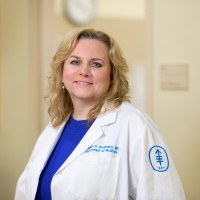
Physician Site Director, Ralph Lauren Center

Consultant

Director of Clinical Operations, Evelyn H. Lauder Breast Center

Senior Vice President, Office of the President; Medical Director, Evelyn H. Lauder Breast Center; Norna S. Sarofim Chair in Clinical Oncology
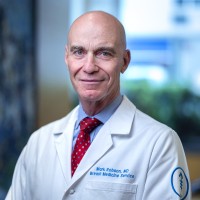
Chief, Breast Medicine Service

Enid A. Haupt Chair in Medical Oncology

Attending Physician

Vice Chair of Outpatient Operations, Department of Medicine; Section Head, Triple Negative Breast Cancer Clinical Research Program

Assistant Attending Physician

Assistant Attending Physician

Associate Attending Physician

Assistant Attending Physician

Assistant Attending Physician

Assistant Attending Physician

Assistant Attending Physician

Assistant Attending Physician

Associate Attending Physician

Assistant Attending Physician

Director, Rare Breast Cancer Program, Department of Medicine; Co-Section Head, Triple Negative Breast Cancer Clinical Research Program, Department of Medicine

Assistant Attending Physician
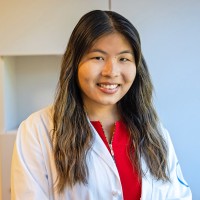
Assistant Attending Physician

Assistant Attending Physician

Assistant Attending Physician

Co-Director, Breast Molecular Tumor Board

Assistant Attending Physician

Assistant Attending Physician

Director of Liquid Biopsy & Genomics

Regional Care Network Medical Site Director, MSK Monmouth

Associate Attending Physician

Assistant Attending Physician

Attending Physician

Attending Physician

Attending Physician

Naddisy Foundation Chair in Breast Cancer Research at Memorial Sloan Kettering
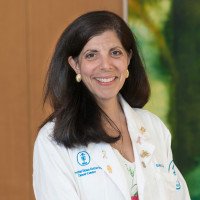
Attending Physician

Associate Attending Physician

Medical Site Director, MSK Bergen

Assistant Attending Physician

Attending Physician

Associate Attending Physician
Head & Neck Oncology Service
Our Head and Neck Oncology Service has changed the way cancers of the head and neck are treated. Our contributions to the field include helping to define the role of larynx preservation and, more recently, expanding the treatment options available to thyroid cancer patients. The group commonly manages rare cancers such as salivary gland tumors and anaplastic thyroid cancers.

Physician Consultant

Assistant Attending Physician

Regional Care Network (RCN) Medical Site Director at MSK Westchester

Assistant Attending Physician

Attending Physician

Attending Physician

Associate Deputy Physician-in-Chief, Strategic Partnerships

Assistant Attending Physician

Chief, Head and Neck Oncology Service; Associate Attending Physician

Attending Physician
Gastrointestinal Oncology Service
The Gastrointestinal Oncology Service has more than a dozen subspecialists, each focused on a single malignancy of the GI tract, including esophageal, gastric, pancreatic, liver, and colon cancer. Our faculty regularly treat rare diseases such as carcinoid neuroendocrine tumors and tumors of the gallbladder. New drug development programs, treatment approaches for cancers of unknown origin, and our intrahepatic chemotherapy program are all part of the team’s broad palette of expertise.

Associate Attending Physician

Winthrop Rockefeller Endowed Chair of Medical Oncology; Chair, Human Research Protection Program and Institutional Review Board; Co-Director, Medical Initiatives, David M. Rubenstein Center for Pancreatic Cancer Research; Section Head, Hepatopancreaticobi

Attending Physician

Assistant Attending Physician

Section Head, Colorectal Cancer; Co-Director, Center for Young Onset Colorectal and Gastrointestinal Cancers

Assistant Attending Physician

Assistant Attending Physician

Assistant Attending Physician

Associate Attending Physician
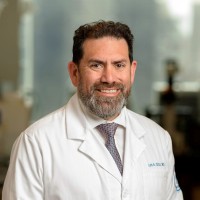
Head of the Division of Solid Tumor Oncology; Grayer Family Chair

Assistant Attending Physician
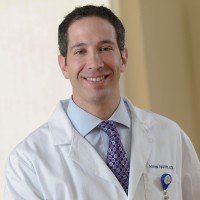
Associate Attending Physician
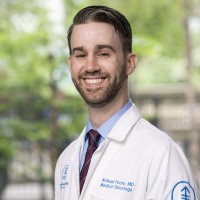
Assistant Attending Physician

Assistant Attending Physician
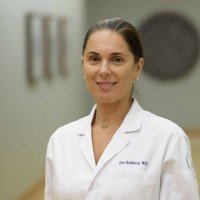
Associate Attending Physician

Associate Attending Physician
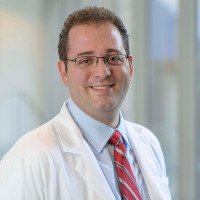
Associate Attending Physician
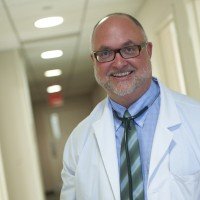
Attending Physician
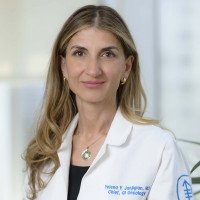
Chief, Gastrointestinal Oncology Service

Assistant Attending Physician
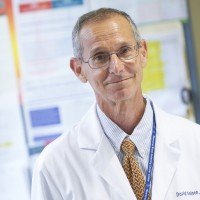
Edward S. Gordon Chair in Medical Oncology

Assistant Attending Physician

Associate Attending Physician

Associate Attending Physician
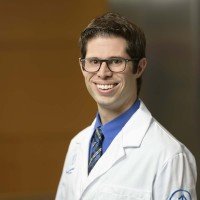
Assistant Attending Physician

Assistant Attending Physician

Assistant Attending Physician

Vice Chair, Quality Assurance, Department of Medicine; Medical Site Director, Laurence S. Rockefeller Outpatient Pavilion at 53rd Street

Assistant Attending Physician

Executive Director for Clinical Value & Sustainability; Head, Colorectal Oncology Section


Chair, Department of Medicine, George J. Bosl Chair at Memorial Sloan Kettering Cancer Center

Research Director, Division of Gastrointestinal Oncology

Associate Attending Physician

Instructor

Clinical Director, Clinical Genetics Service

Medical Site Director, MSK Nassau; Medical Director, Strategic Partnerships

Associate Attending Physician
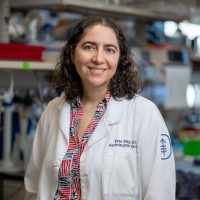
Attending Physician

Assistant Attending Physician

Associate Attending Physician

Clinical Director, Gastrointestinal Oncology Service
Gynecologic Medical Oncology Service
The Gynecologic Medical Oncology Service is the largest in the United States. The group is a leader in vaccines, immunotherapy, and new drug development for gynecologic malignancies. We provide care for patients with uterine sarcomas and trophoblastic disease, as well as ovarian, tubal, endometrial, and cervical cancers.

Section Head, Ovarian Cancer; Director, Gynecologic Medical Oncology, MSK Westchester

Clinical Director, Gynecologic Medical Oncology Service; Attending Physician

Chief, Gynecologic Medical Oncology Service; Avon Chair in Gynecologic Oncology Research

Instructor

Assistant Attending Physician

Associate Attending Physician

Assistant Attending Physician

Assistant Attending Physician

Assistant Attending Physician

Assistant Attending Physician

Assistant Attending Physician

Attending Physician

Assistant Attending Physician

Lead, Inherited Gynecologic Cancer Program
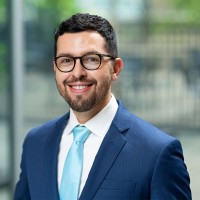
Assistant Attending Physician

Assistant Attending Physician

Assistant Attending Physician
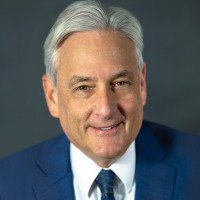

Assistant Attending Physician

Senior Vice President for Clinical Research

Research Director, Gynecologic Medical Oncology Service; Clinical Director, Solid Tumor, Cellular Therapy Service; Associate Attending Physician
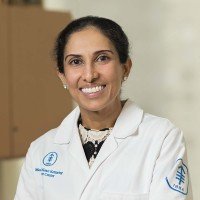
Section Head, Endometrial Cancer Program; Director, Hematology-Medical Oncology Fellowship Training Program; Associate Attending Physician

Attending Physician, Gynecologic Medical Oncology, Associate Vice Chair, Academic Affairs; Chair, Promotions Advisory Committee
Genitourinary Oncology Service
The Genitourinary Oncology Service treats a wide spectrum of cancers — including those of the testes, kidney, bladder, and prostate — and has set national standards of care. Along with just a handful of others in the United States, our team helped to make testicular cancer into a highly curable malignancy and now leads the way in addressing survivorship issues. Our kidney cancer experts have led or co-led the development of every approved drug for that disease and continue to work on new and better treatments. Our bladder cancer team has pioneered new chemotherapy treatments and genetic studies. Our prostate cancer program includes nationally recognized experts in biomarker development and use and has led the way in the development and approval of both enzalutamide and abiraterone, changing the face of treatment for men with the disease.

Chief, Genitourinary Oncology Service, Division of Solid Tumor Oncology; Enno W. Ercklentz, Jr. Chair

Prostate Cancer Section Head, Genitourinary Oncology; Steven A. Greenberg Chair in Prostate Cancer Research
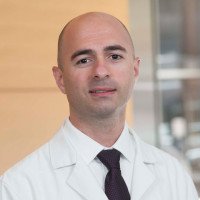
Director of Translational Research in Prostate Cancer; Associate Attending Physician, Genitourinary Oncology

Assistant Attending Physician

Assistant Attending Physician
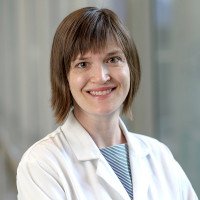
Assistant Attending Physician

Assistant Attending Physician

Assistant Attending Physician

Attending Physician

Instructor

Assistant Attending Physician

Associate Attending Physician

Assistant Attending Physician

Section Head, Germ Cell Cancer

Assistant Attending Physician

Assistant Attending Physician

Section Head, Bladder Cancer

Consultant

Assistant Attending Physician

Assistant Attending Physician

Assistant Attending Physician

Assistant Attending Physician
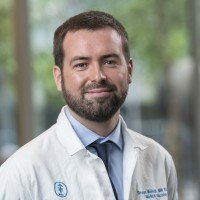
Assistant Attending Physician
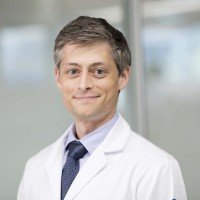
Assistant Attending Physician
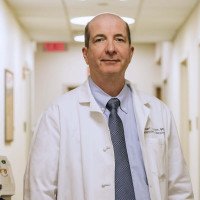
Section Head, Kidney Cancer, Genitourinary Oncology Service; Jack and Dorothy Byrne Chair in Clinical Oncology

Assistant Attending Physician
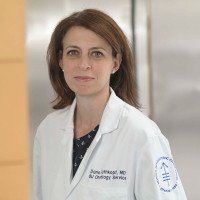
Attending Physician; Chair, Research Council

Attending Physician

Head, Biomarker Development Program; D. Wayne Calloway Chair in Urologic Oncology
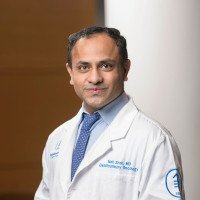
Assistant Attending Physician

Associate Vice Chair, Academic Affairs, Department of Medicine
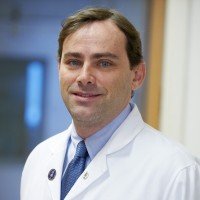
Geoffrey Beene Chair; Director, Marie-Josée and Henry R. Kravis Center for Molecular Oncology

Clinical Director, Genitourinary Medical Oncology Service

Clinical Director, Genitourinary Medical Oncology Service

Attending Physician
Melanoma Service
The Melanoma Service is made up of five super-specialized medical oncologists with broad expertise in the treatment of melanoma in all its forms. The melanoma group has pioneered the development of immunotherapies such as ipilimumab and small-molecule targeted therapies such as vemurafenib. No other area in the field of oncology is moving faster than the treatment of melanoma, and our team has written and directed many of the recent trials leading to the approval of new treatments.

Medical Director, Strategic Partnerships; Clinical Director, Melanoma Service

Associate Attending Physician

Assistant Attending Physician

Assistant Attending Physician
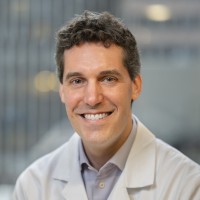
Chief, Melanoma Service; Co-Director, Melanoma Disease Management Team
Sarcoma Medical Oncology Service
Our Sarcoma Medical Oncology Service is one of the most experienced and successful groups in the United States. Our group specializes in the care and management of this rare and diverse group of malignancies, enrolling many of our patients in targeted clinical trials. The team holds a large National Cancer Institute grant (the SPORE grant) to carry out sarcoma research.
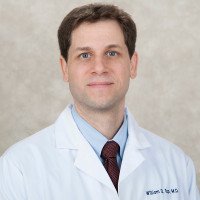
Chief, Sarcoma Medical Oncology Service

Assistant Attending Physician

Assistant Attending Physician

Instructor

Co-Director, Sarcoma Translational Research, MSK Sarcoma Center
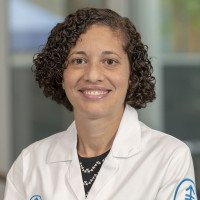
Associate Attending Physician
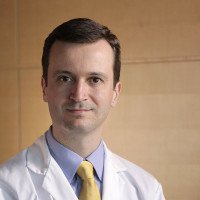
Associate Attending Physician

Physician Ambassador to India and Asia

Interim Clinical Director, Sarcoma Oncology Service

Associate Attending Physician

Attending Physician

Assistant Attending Physician

Division Head, Pediatric Solid Tumors; Chief, Pediatric Sarcoma Service

Assistant Attending Physician
Thoracic Oncology Service
The Thoracic Oncology Service is changing how thoracic cancer is treated. Drawing on the careful genetic analysis of lung cancers, we have subdivided this group of diseases into smaller subsets, each sensitive to highly specific anticancer treatments that can often be given in pill form. These treatments are spurring remarkable changes among patients with advanced lung cancers who would otherwise receive classic chemotherapy.
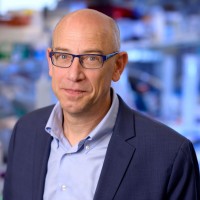
Cancer Center Deputy Director; Co-Director, Druckenmiller Center for Lung Cancer Research; Sylvia Hassenfeld Chair in Lung Cancer Research

Assistant Attending Physician

Chief, Thoracic Oncology Service

Attending Physician

Assistant Attending Physician

Instructor

Assistant Attending Physician
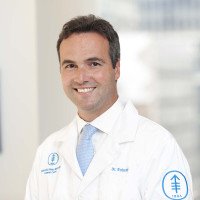
Assistant Attending Physician

Chief, Early Drug Development Service

Assistant Attending Physician

Assistant Attending Physician

Associate Attending Physician

Instructor

William and Joy Ruane Chair in Thoracic Oncology

Instructor

Enid A. Haupt Chair in Therapeutic Research

Attending Physician

Co-Director, Mesothelioma Program; Assistant Attending Physician

Clinical Director, Thoracic Oncology Service

Assistant Attending Physician
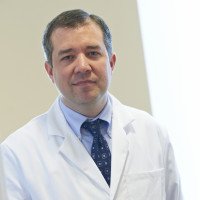
Ning Zhao and Ge Li Chair in Lung Cancer Research; Vice Chair of Clinical Research, Department of Medicine

Assistant Attending Physician

Assistant Attending Physician

Assistant Attending Physician

Associate Attending Physician
Clinical Genetics Service
The Clinical Genetics Service has made important contributions to the field, discovering both cancer susceptibility genes such as BRCA2 and characterizing how other genes alter the function of cancer genes. Through counseling of our patients and their families, this team provides a critical component of our cancer prevention programs in breast, ovarian, and colon cancers.

Chief, Clinical Genetics Service; Robert and Kate Niehaus Chair in Inherited Cancer Genomics; Vice Chair, Academic Affairs, Department of Medicine

Chief, Breast Medicine Service

Assistant Attending Physician

Clinical Instructor

Assistant Attending Physician

Associate Attending Physician
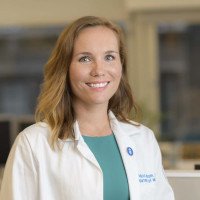
Medical Director, MSK-CATCH

Lead, Inherited Gynecologic Cancer Program

Assistant Attending Physician

Clinical Director, Clinical Genetics Service
Early Drug Development Service
The Early Drug Development Service is made up of physicians, scientists, nurses, and research professionals. We collaborate closely with scientists from the Department of Medicine, the Human Oncology & Pathogenesis Program, and the Sloan Kettering Institute.
Our unique group works closely together to identify the next wave of potentially transformative cancer medicines. We treat patients with all different types of cancer and many of the new therapies we are testing are personalized based on the characteristics of each patient’s cancer.
Learn more about the Early Drug Development Service.

Chief, Early Drug Development Service

Assistant Attending Physician

Director of Targeted Radionuclide Therapy

Assistant Attending Physician

Associate Attending Physician
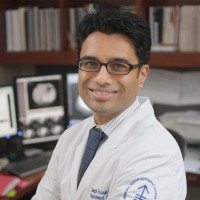
Director IR at Koch

Assistant Attending Physician

Physician Ambassador to India and Asia

Associate Attending Physician

Assistant Attending Physician

Associate Attending Physician
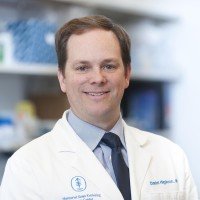
Assistant Attending Radiation Oncologist

Assistant Attending Radiation Oncologist

Section Head, Bladder Cancer

Section Head, Endocrine Therapy Research Program; Clinical Director, Early Drug Development Service; Patricia and James Cayne Chair for Junior Faculty
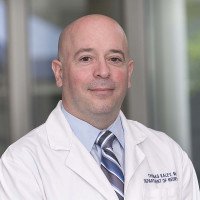
Chief, Neuro-Oncology and Cancer Neurology Service; Vice Chair for Clinical Research, Department of Neurology; Chair, Institutional Review Board (IRB-C)

Assistant Attending Physician
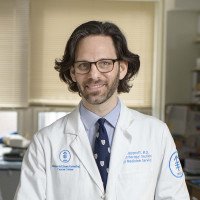
Laboratory Head, Human Oncology and Pathogenesis Program (HOPP); Member Investigator, Center for Cell Engineering

Attending Physician

Assistant Attending Physician
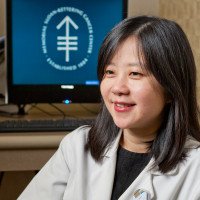
Vice Chair, Experimental Therapeutics, Department of Radiation Oncology; Service Chief, Head & Neck Radiation Oncology; Service Chief, Proton Therapy

Attending Physician

Assistant Attending Physician

Director, Nuclear Medicine Pediatrics
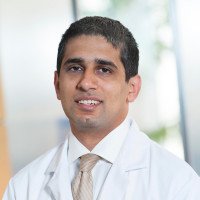
Associate Director, Genomics Operations, Immunogenomics and Precision Oncology Platform

Director of Colorectal and Anal Cancer, Department of Radiation Oncology

Assistant Attending Physician

Assistant Attending Physician

Assistant Attending Physician

Chief, Pediatric Translational Medicine Service (PTMS); Bristol-Myers Squibb/James D. Robinson III Junior Faculty Chair
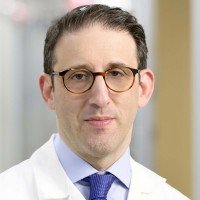
Chief, Leukemia Service; Director, Program for Drug Development in Leukemia, Division of Hematologic Malignancies

Attending Physician

Associate Attending Physician

Lab Head